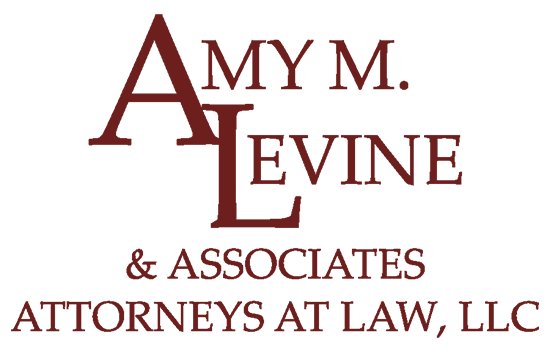It’s often said that marriage is about love and divorce is about money. Of course, that’s a sweeping generalization; the actual reality you are living may be filled with nuances and a strange mixture of emotions.
On the money side, however, it is true that you can reduce the size of your tax bill if you can claim your child as a dependent on your tax return after divorce.
But who gets to take the dependency exemption: you or your former spouse?
The Internal Revenue Code says that there is only one exemption for each child and that it goes to the custodial parent for federal tax purposes.
This principle was obviously easier to implement in a simpler, rather stereotyped world in which moms typically got the kids and dads got only visitation rights.
In today’s world, however, many states have moved away from the term “custody” in favor of more gender-neutral terms such as parenting time.
Many such arrangements involve not only join legal custody, but a 50-50 split on parenting time.
Deciding Who Gets The Exemption
The question of which of the former spouses gets the dependency exemption can come down who had the child for the greatest number of nights during the year. If you had the child for the most nights, you would be considered the custodial parent and get to claim the dependency exemption. The other parent would generally not be able to claim the exemption.
What if you and your ex each had the child for the same number of nights? Clearly these considerations can get complicated. It therefore makes sense to discuss your specific situation with the skilled attorneys at Amy M. Levine & Associates. We are knowledgeable about both child custody and tax law and can guide you toward a sensible solution.
Ways To Split The Exemption
There are a few different ways that you are your former spouse can arrange to divide up use of the exemption. The possible scenarios include:
- Allocating the exemption to the noncustodial parent — You could make an agreement as part of your divorce settlement to allow the noncustodial parent to claim the dependency exemption for a minor child.
- Alternating on using the exemption — You could agree with your ex to alternate who gets to claim the child. Under such an arrangement, you would get the exemption one year, the other parent the next year, and so on.
- Multiple children — If you have more than child, you could work it out with other parent for you to exemptions for certain of the children while the other parent takes exemptions for the others.
In short, it is possible and often advisable to split the dependency exemption after a divorce.
When doing this, it is of course important to be aware of the formal requirements. In particular, if your divorce took place since 2008, you will need to be aware of IRS form 8332. That is the form for release or revocation of a claim to the dependency exemption.
Our law firm can counsel you on the right steps to take to make the most effective use of the exemption. It’s not only about money, either. It’s about an exemption for a child that you surely love so very much.
